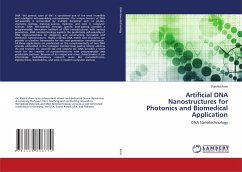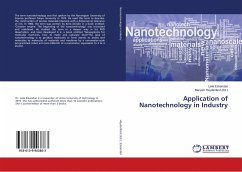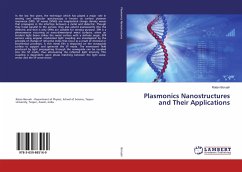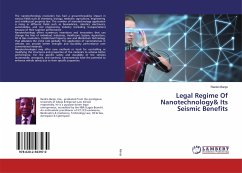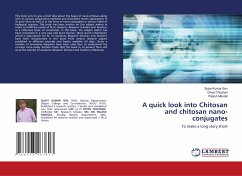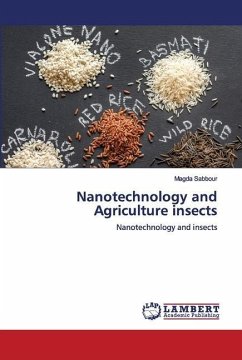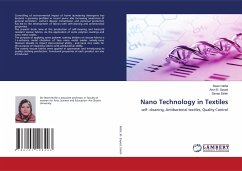DNA "the genetic code of life" is considered one of the most incredible and intelligent self-assembling nanomaterials. The unique feature of DNA self-assembly is surrounded by multiple disciplines such as physics, chemistry, biology, material science, medicine, and even in computer sciences. DNA self-assembly through specific base-pairing provides a programmable fabrication method of DNA nanostructures with various geometries. DNA nanotechnology exploits the predictable self-assembly of DNA oligonucleotides for designing and constructing innovative and distinctive nanostructures. Highly ordered DNA motifs and structures can provide us ultrafine frameworks for the next generation nanofabrication. All these applications are predicated on the complementarity of two DNA strands, embedded in the hydrogen bonded base pairing linking adenine (A) and thymine (T), guanine (G) and cytosine (C). DNA provides a smart route for the creation of nanoarchitectures with programmable and predictable patterns. Because of its unique and novel characteristics it can intermingle multidisciplinary research areas like nanoelectronics, Opoelectrincs, biomedicine, and even in modern computer sciences.
Bitte wählen Sie Ihr Anliegen aus.
Rechnungen
Retourenschein anfordern
Bestellstatus
Storno

